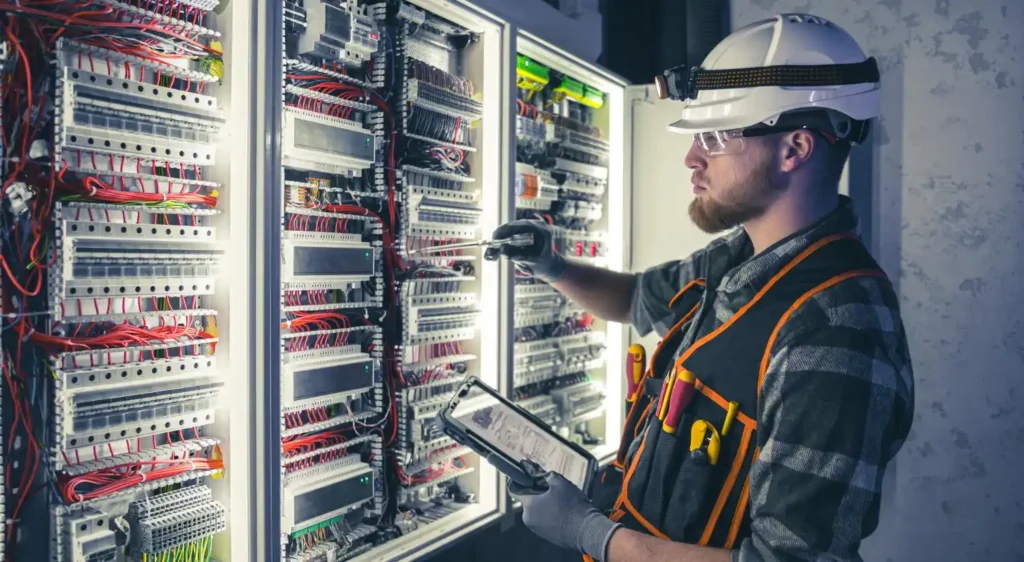Blending small quantities of hydrogen into the gas pipeline network is considered as a possible “quick-win” solution to meet carbon reduction targets.
Blended fuel could generate significant immediate reductions in emissions without the need for adjustments to home appliances.
The survey of a nationally representative sample of 742 adults, carried out by the university and the Engineering and Physical Sciences Research Council, found limited initial awareness and knowledge of hydrogen as a possible fuel for homes.
But when people were informed that hydrogen-rich gas was previously used in the UK, and that most domestic appliances are required by law to be tested to handle a blend of up to 23 per cent hydrogen, more than 8 out of 10 respondents (87 per cent) said they would be willing to use it in their home.
In addition, 70 per cent of respondents said using blended hydrogen would have a positive environmental impact.
Our research shows that there is an appetite for small amounts of zero carbon hydrogen to be safely blended with existing domestic gas supplies
Dr Matthew Scott, research associate, Newcastle University
However, over 70 per cent of respondents said they were unable or unwilling to pay more for the alternative fuel than they currently spend on energy bills, which indicates that any future costs associated with hydrogen blending will be resisted if they are passed down to the public.
The survey was funded through Ofgem’s Network Innovation Allowance as part of the HyDeploy hydrogen demonstration project, which is being delivered by Cadent Gas and Northern Gas Networks.
Dr Matthew Scott, research associate at Newcastle University, commented: “Although cost was the most significant individual objection, overall most people did not reject the idea of hydrogen as a fuel for their home.
“While full conversion is realistically still some time away, our research shows that there is an appetite for small amounts of zero carbon hydrogen to be safely blended with existing domestic gas supplies.”
At least 44 per cent of participants said they would be either quite worried or very worried about the possibility of gas leaks, explosions, and fires from using the fuel.
The potential for explosions was considered the greatest concern, selected by 28.4 per cent of respondents.
The report makes several recommendations for policy and practice, based on the survey findings:
It says that public support will hinge on greater understanding of hydrogen as a fuel, so the immediate task is for stakeholders to build, deploy, and maintain communication channels effectively.
Approval of the fuel from the Health and Safety Executive was strongly valued by survey respondents, with 47.7 per cent and 14.4 per cent respectively saying they would have “a lot of trust” or “total trust” in its evidence.
Scientific evidence was also strongly valued, with 53.2 per cent and 24.3 per cent respectively responding that they would have “a lot of trust” or “total trust” in it.
On the issue of cost, the report recommends that Governmental guidance and policy frameworks focus on enshrining elements of distributive, procedural, and recognitional justice in policy and practice, particularly as they relate to the spatial, social, and economic distribution of the costs and benefits of hydrogen as a fuel for homes.
Researchers call for more qualitative research to understand how customers will engage with blended hydrogen in their homes, how this may differ across different socio-economic, demographic, and vulnerable groups, and how familiarity and acceptance is built across time through use.
Until the late 1970s, manufactured town gas containing up to 60 per cent hydrogen was used extensively as an energy source for lighting and heating until it was replaced by North Sea natural gas.
Since 1993, all appliances manufactured and sold in the UK since 1993 have been tested to run on a mixture of 77 per cent natural gas and 23 per cent hydrogen.
A series of blended hydrogen demonstrations will take place on public gas networks across the north of England from December 2020.
The HyDeploy project is being delivered by Cadent Gas and Northern Gas Networks, backed by £22m of innovation funding from Ofgem.
The demonstrations aim to show that a blend of up to 20% hydrogen can be safely used by customers for heating and cooking, without changing appliances.
Previous research has shown that if hydrogen was blended with natural gas across the UK at this level, it could save around six million tonnes of carbon dioxide emissions every year, the equivalent of taking 2.5 million cars off the road.

